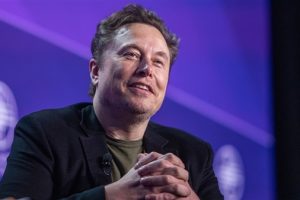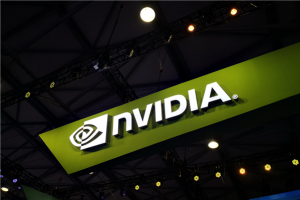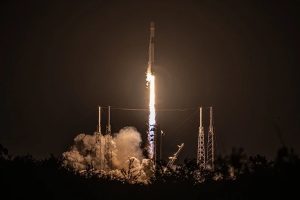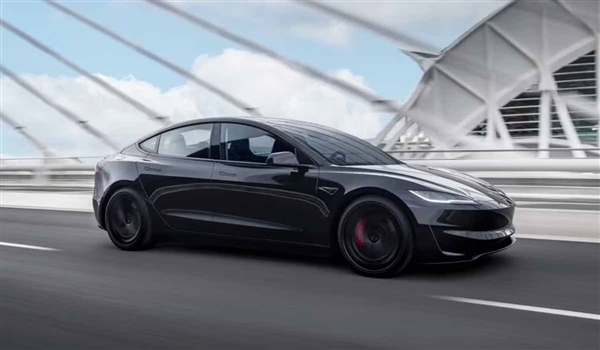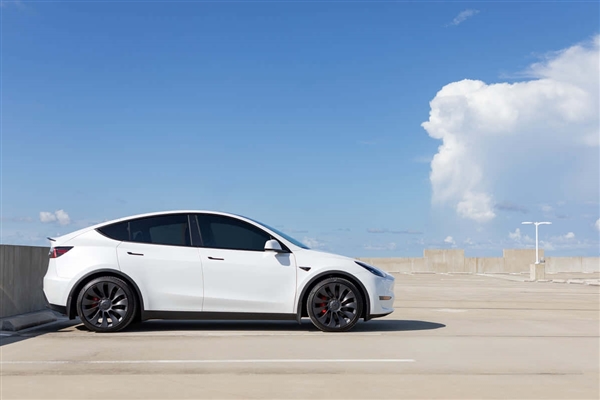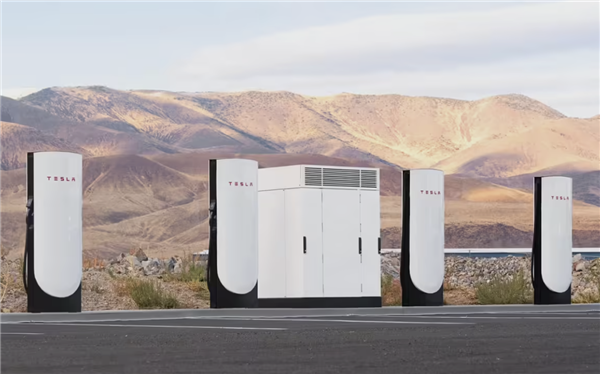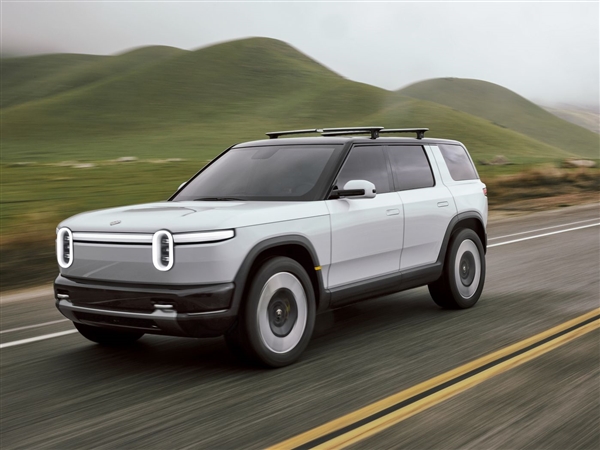May 23, 2024 – Ted Ogawa, the CEO of Toyota Motor’s U.S. division, has admitted that the company is currently lagging behind Tesla but is actively “catching up” in the field of electric vehicles (EVs) and new technologies.
Toyota’s transition towards electrification has faced challenges, as evidenced by the bumpy start of its first EV model in the U.S., the bZ4X, which failed to make a significant impact in the market despite its launch.
Out of the over 2.2 million vehicles Toyota sold in the U.S. last year, only 9,329 were pure EVs, accounting for less than 0.5% of total sales. This trend has continued into this year, with just 1,897 bZ4X models sold as of March, representing less than 0.4% of Toyota’s total sales of over 486,000 vehicles in the first quarter.

However, Ogawa stated that Toyota is paying close attention to customer demand for EVs. He acknowledged, “We should have launched BEV models two years ago, and that’s why we’ve been criticized. But after more than two years of internal development, we are catching up in EVs and new technologies.”
In an interview, Ogawa revealed that Toyota’s headquarters is constructing a “very unique factory” dedicated to EV production, incorporating various new technologies developed by the company. Last year, Toyota showcased its next-generation EV production line, adopting Tesla’s popular Giga casting process.
Toyota believes its “wealth of knowledge” regarding molds will help expedite production processes. The company anticipates reducing mold changeover preparation time from 24 hours to approximately 20 minutes.
Additional technologies, including self-propelled assembly lines and robots, are expected to minimize defects while enhancing efficiency.
Furthermore, Toyota disclosed its new EV battery plans last summer, including the introduction of two next-generation batteries by 2027. The first “high-performance” battery will offer a range exceeding 800 kilometers (497 miles) while reducing costs by 20% compared to the bZ4X.
Meanwhile, a more “affordable” version, slated for release in 2026-2027, is expected to have a range of over 600 kilometers (372 miles) with a 40% cost reduction.
Looking further ahead (2027-2030), Toyota intends to introduce a series of “further evolved” batteries, including a solid-state battery capable of a range exceeding 1,000 kilometers (621 miles) and offering a 10-minute quick charge.

